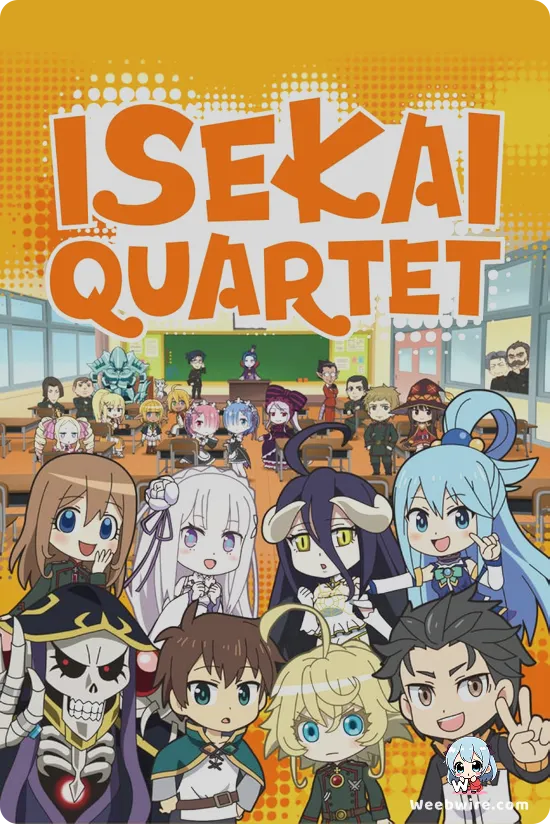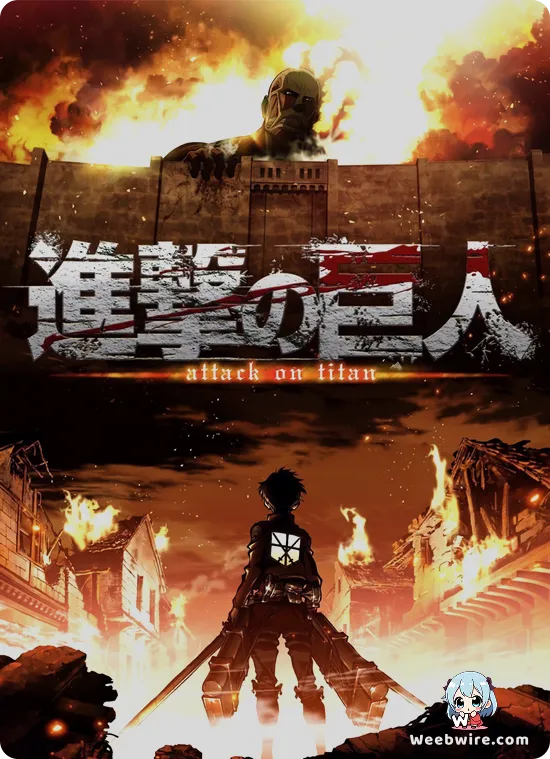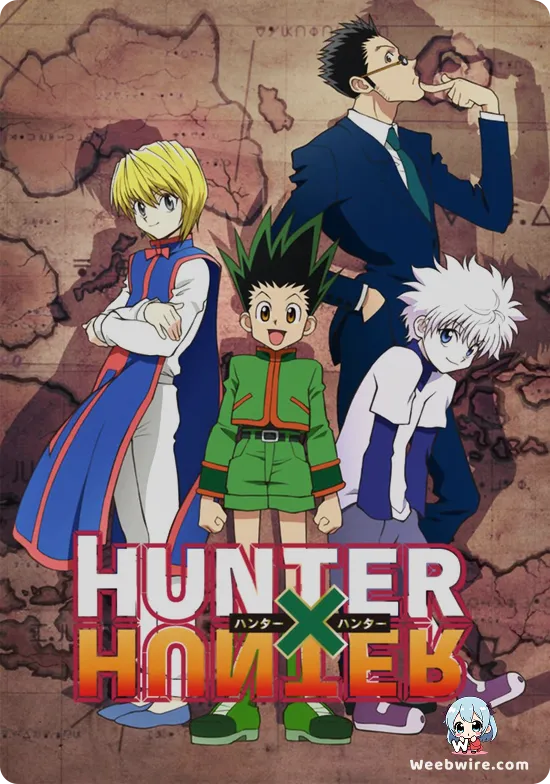

© Studio PuYUKAIwww.crunchyroll.com
Overview
Isekai Quartet stands as a uniquely vibrant and utterly hilarious anime series, masterfully weaving together the distinct universes of several beloved isekai franchises. This crossover spectacle brings forth iconic characters from KonoSuba: God's Blessing on this Wonderful World!, Overlord, Re:Zero - Starting Life in Another World, and The Saga of Tanya the Evil. The second season further expands this ensemble by integrating characters from The Rising of the Shield Hero and The Hero Is Overpowered but Overly Cautious. Rendered in an endearing chibi art style, the series reimagines these powerful beings as students in a Japanese high school. The narrative playfully explores their attempts to navigate mundane academic life and social interactions, which inevitably leads to absurd and uproarious situations given their extraordinary abilities and personalities. Themes of cultural clash, unexpected friendships, and the sheer comedic potential of overpowered individuals in an ordinary setting are central. The anime is celebrated for its sharp wit, impeccable comedic timing, and clever references that resonate deeply with fans of the original series. Beyond the series, Isekai Quartet: The Movie – Another World transports the cast to a new, unfamiliar dimension, where they must confront challenges posed by rampaging golems and unravel the mystery of a device that could offer a path back home. This innovative blend of established characters and its lighthearted, satirical approach to the high school genre makes it a truly delightful and distinctive entry within the broader isekai landscape. <
Opinion
From a critical perspective, Isekai Quartet succeeds remarkably in its primary objective: delivering a consistently entertaining and humorous crossover experience. The animation, handled by Studio PuYUKAI, intentionally adopts a simplified chibi style, which is not only aesthetically pleasing but also perfectly complements the show's comedic tone, allowing for exaggerated expressions and fluid slapstick. The voice acting ensemble, featuring many of the original series' cast members, delivers commendable performances, capturing the essence of each character while adapting to the more lighthearted setting. This consistency in voice talent is crucial for preserving the characters' established identities despite the stylistic shift. Story pacing is brisk and episodic, ensuring that each installment offers a fresh comedic scenario without overstaying its welcome, a format well-suited for a series focused on situational humor. While Isekai Quartet intentionally foregoes deep overarching plots, its strength lies in the nuanced character development derived from the interactions between disparate personalities. Witnessing Ainz Ooal Gown's stoic authority clash with Kazuma's pragmatic cynicism, or Tanya's militaristic discipline confronting Emilia's gentle naivety, provides rich comedic and observational depth. Thematic exploration is subtle, focusing on the humorous aspects of cultural integration and the subversion of typical power dynamics. The series expertly leverages its premise to create a compelling, albeit comedic, study of these beloved characters outside their original contexts, making it a highly recommended watch for both fans and newcomers seeking a genuinely fun and well-executed anime.
Characters
Subaru Natsuki
Voice: Yūichi Nakamura
Kazuma Satou
Voice: N/A
Aqua
Voice: Sora Amamiya
Ainz Ooal Gown
Voice: Kenta Miyake
Tanya von Degurechaff
Voice: Yūko Kaida
Credits
Studio
Studio PuYUKAI
Cover Art
Minoru Ashina and Studio PuYUKAI
Publisher
None (direct anime adaptation)
Producers
Minoru Ashina, Studio PuYUKAI
Episodes
Season 1
24 episodesInformation
Genres
Related Anime

Fullmetal Alchemist: Brotherhood

Haikyu!!

Attack on Titan

Hunter x Hunter Story, Characters, Revival News, & Similar Anime

Hajime no Ippo: The Fighting!
